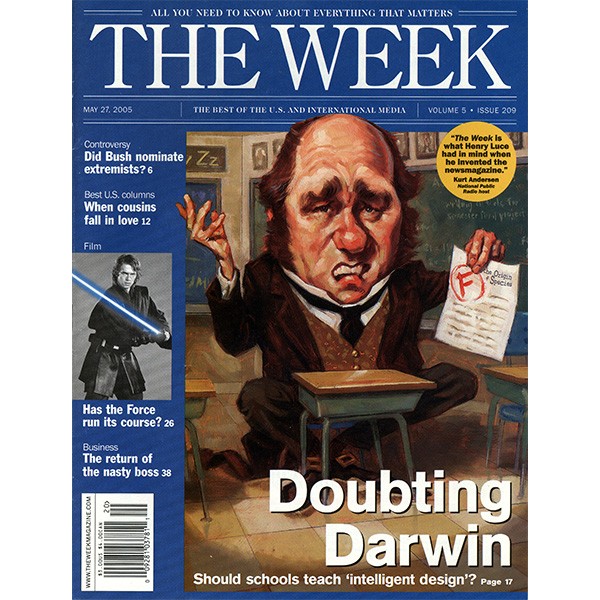For all the biographies of John and Charles Wesley out there (Roy Hattersley's non-apologetic biography of John is my favorite) very few historians have tackled the life of Francis Asbury, the prolific and tenacious leader of early American Methodism. As a graduate (and current doctoral student) at a seminary that bears his name, I must confess that my own knowledge of Asbury's life was confined to the fact that he rode a lot on horseback and that his statue in Wilmore, KY, was controversial in that the horse's butt faced toward Asbury College while the head faced more toward the seminary…but I digress.
John Wigger, himself a prolific Methodist historian, has written what should prove to be the definitive work on Asbury's life. American Saint reveals an Asbury that was not a gifted preacher and was a bit of an autocrat in his leadership style, yet no one was more responsible for the religious character of early pre and post Revolution America than the pious, disciplined, and dedicated preacher who spent 45 years of his life riding more than 130,000 miles across the colonies/states planting churches and ordaining preachers.
The secret of Asbury's success, unlike the kind of success enjoyed by today's celebrity preachers and promoted in books that want to make pastors into corporate leaders, was more about relationships than skill. While shaky in the pulpit and reticent to engage in direct conflict, Asbury was the consummate one-to-one relational leader. His time spent with different families in his travels, his association with people in nearly every colony, his easy laughter and good storytelling, endeared him to many. Wigger says that, in his day, Asbury's face would have been recognized by more people in the new United States than that of George Washington or Thomas Jefferson.
Wigger's storytelling is wonderful and his research very thorough. This is an entertaining read as well as an informative one, and anyone with interest in Methodism or early American religious history will find it fascinating.
As a Methodist preacher, however, it's even more revealing. Wigger's description of the kind of life expected of those early circuit riders is challenging and most clergy today (as then) probably wouldn't handle it for very long–rising at 4AM, studying Scripture for an hour in both morning and evening, and reading for at least five hours every day on some aspect of ministry or theology (actually, I could handle that part!). The asceticism of low pay, long hours, and hard work are not what most of us hope for when we think about ministry, but our itinerancy and discipline are still part of what we're to be about. I'm wondering, for example, what it would be like to do an A.J. Jacobs-like experiment and live strictly by the rules for early Methodist preachers for a year and see what that would do to life and ministry. My guess is that it would be life-changing and church-changing. Hmmm–is there a book in the making, here?
Wigger's biography is a great read and I highly recommend it to my clergy peers and to laypersons who want to know a little more about why Methodists do what we do and how we might recapture some of the fire and zeal for once again bringing the Gospel to America.

